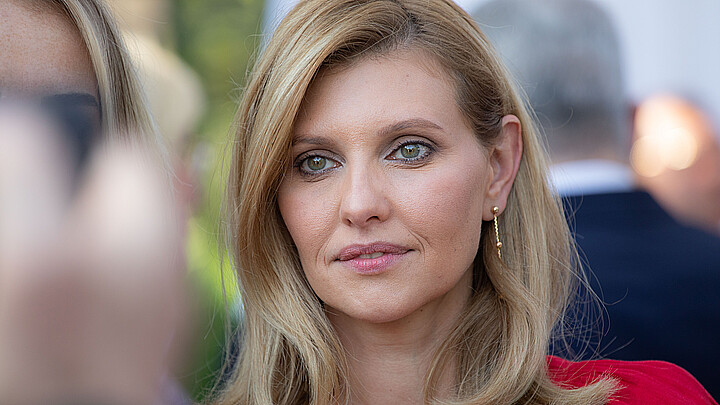Technology
'Deepfake' video of Zelensky surrendering posted by Russian hackers, quickly removed
A heavily edited video that appears to show Ukrainian President Volodymyr Zelensky telling his countrymen to “lay down your arms and return to your families” made the rounds on social media this week before being debunked and removed.
March 20, 2022 11:25am
Updated: March 21, 2022 11:24am
A heavily edited video that appears to show Ukrainian President Volodymyr Zelensky telling his countrymen to “lay down your arms and return to your families” made the rounds on social media this week before being debunked and removed.
“Dear Ukrainians, dear defenders,” the fake Zelensky says from behind a white podium. “It has not been easy to the president.”
He continues in the 68-second clip by talking about the difficult decisions he’s made, saying “It didn’t work out… There is no more future. At least for me.”
The doctored video then calls upon Ukrainian citizens to surrender.
“And now I’m taking another hard decision to say goodbye to you,” the fake president says. “I advise you to lay down your arms and return to your families. You shouldn’t die in this war.
“I advise you to live, and I’m going to do the same,” the fake footage concludes.
A “deepfake” is a video where the face of someone in a video is replaced by another person’s face that matches the original’s facial movements and expressions. Some viewers quickly pointed out that Zelensky’s accent was off and that the head and voice did not match up well.
The actual Zelensky posted a video to Twitter on Wednesday to assure the public he would not be surrendering to the Russian invaders.
🔊 «Ми вдома і захищаємо Україну. Ніякої зброї ми складати не збираємось. До нашої перемоги», - Президент України @ZelenskyyUa pic.twitter.com/IkfDxLzqne
— Defence of Ukraine (@DefenceU) March 16, 2022
Experts told NPR that this deepfake was still dangerous, even if it was not well done.
Sam Gregory, a media watchdog, credits the Ukrainian government for getting out in front of the video by warning its population about “state-sponsored deepfakes” weeks beforehand, as well as Zelensky quickly saying it was fake.
The video was originally uploaded to TV station Ukraine 24’s website by Russian hackers, then spread across social media. Twitter and Facebook parent Meta both announced they had taken steps to take down the video.
The footage has been boosted on Russian social media, according to NPR.








